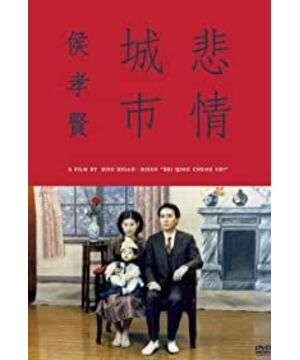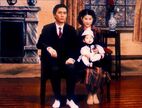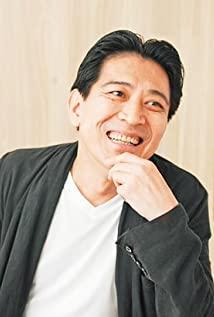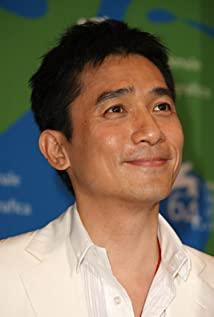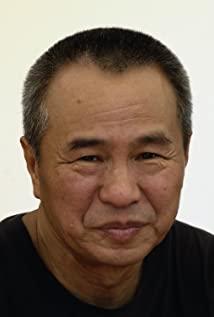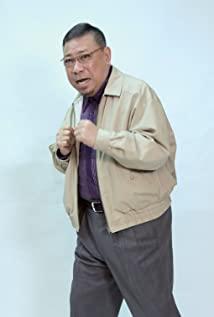I watched a video of Wu Nianzhen's speech at Fangsuo before. After watching it, I have two feelings. One is that I like Wu Nianzhen very much, he is a very down-to-earth person, and the other is that I can roughly understand why Taiwanese are reluctant to return. I don't want to use words like returning to the motherland, because I find it disgusting to say at least.
One of my college roommates had a gossip expert who often told us what happened to a celebrity. Then one day she suddenly said in a righteous indignation that who is a Taiwanese independent, and what if she didn’t like him. I feel strange. At that time, my impression of Taiwan was that Taiwan is a place with good scenery, more snacks and better development than the mainland.
I've been seeing questions about belonging all the time lately. Like GO, the Great Rampage, like the definition of the identity of foreigners by the Chinese people mentioned by the author in Jiangcheng, and like the Taiwanese in the sad city. GO, the male protagonist in Big Rampage, his father is Korean, but they can't go back to North Korea. They are even forbidden to speak Japanese in Japanese ethnic schools, but after transferring to Japanese schools, they are discriminated against everywhere. It was written that I always thought that discrimination only occurred between whites and blacks. After thinking about it, I deleted this sentence, because discrimination is actually everywhere. The author in Jiangcheng wrote that when he first arrived in Fuling, many people regarded them as human beings, thinking that they had no feelings and were just teaching machines. In the sad city, Taiwanese are said to be enslaved people. That generation of Taiwanese received Japanese education from childhood, and then suddenly one day someone told them that you were enslaved, and we want to reform you. I hate all things high up.
View more about A City of Sadness reviews


